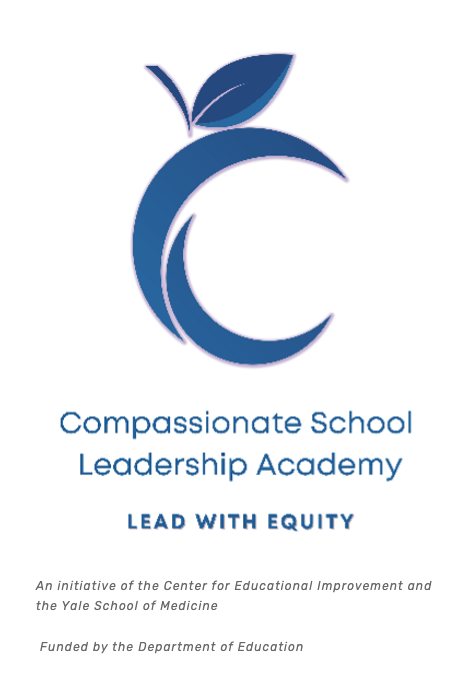44: Taking Care of Teachers, So They Can Take Care of the Kids
“I just think that adhering to our consistent strategic plan has really assisted with the mental health issues of our teachers – allowing them to work within a system that they know has supports in it and isn't going to be changing course on them.” — Dr. Deb Gustafson
Guest
Dr. Debra Gustafson is the Associate Superintendent for the Geary County Unified School District 475 in Juncture City, Kansas. Deb’s primary responsibilities focus on providing leadership and expertise in developing, achieving, and maintaining the district’s educational programs and related services to increase student achievement.
Summary
Our conversation focused on the challenges and opportunities of education leadership, particularly in the context of a military community and a high-poverty school district. We discussed the importance of supporting teachers' well-being, especially during the COVID-19 pandemic, and highlighted strategies for addressing teacher stress and burnout. We also explored the role of school culture and teacher support in creating a positive and effective learning environment. Additionally, we delved into the flywheel concept for school improvement and discussed education leadership challenges such as teacher shortages and career guidance.
Key Takeaways
Build and maintain a consistent strategic plan that eliminates adding flavor-of-the-month responsibilities to the faculty’s already considerable workload. this focus provides stability and avoids faculty burnout.
Understand that student behavior is a way of communicating. To counter ineffective behaviors, the district promotes training around social and emotional learning, making it as important as traditional academics in supporting student wellbeing.
Healing happens in the context of healthy relationships over time. Support staff across the district - nurture the nurturers - to help them best serve their students. Promote healthy school cultures by supporting everyone in the district.
Adopt a flywheel mentality. Build momentum by focusing on achieving a few things that get the achievement ball moving. We can't do everything at once, but we can build toward better.
Referenced
Good to Great by Jim Collins
What Great Principals Do Differently by Todd Whitaker
The Hungry Mind: The Origins of Curiosity by Susan Engel
The Hungry Mind: Psychologist Susan Engel's Call To Arms | WBUR News /
The Intellectual Lives of Children by Susan Engel
In her own words – post-interview Q&A with Deb Gustafson
Are you looking to foster a more inclusive and compassionate school environment? Learn more about the Compassionate School Leadership Academy (CSLA)! The CSLA prepares school leaders in high-need districts to implement trauma-informed practices in the classroom to meet the urgent mental health needs of American children.
Gain insight into your school culture. The CSLA is supported by a customized assessment tool—the School Compassionate Culture Analytical Tool for Educators (S-CCATE)—designed to gauge and change school cultures to ensure more equitable and compassionate school practices.
To learn more and complete the S-CCATE, click here:
https://yalesurvey.ca1.qualtrics.com/jfe/form/SV_3OAA0IZvvzWGkw6





